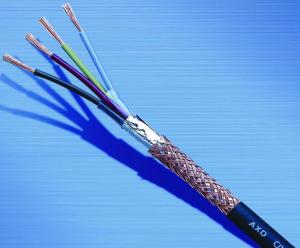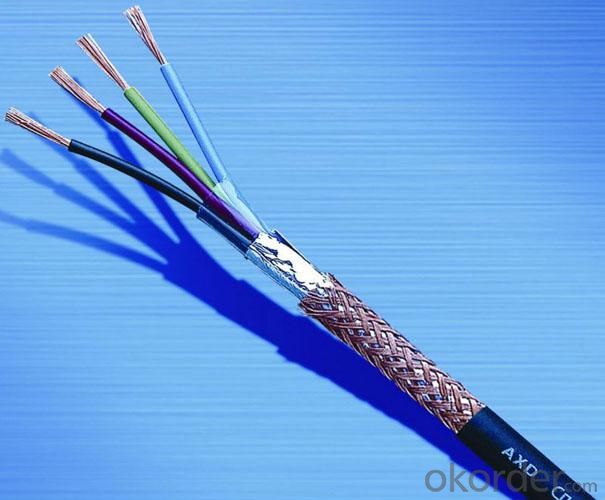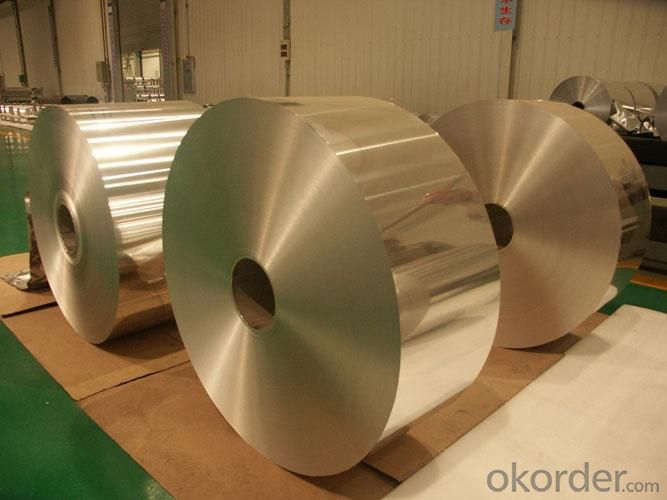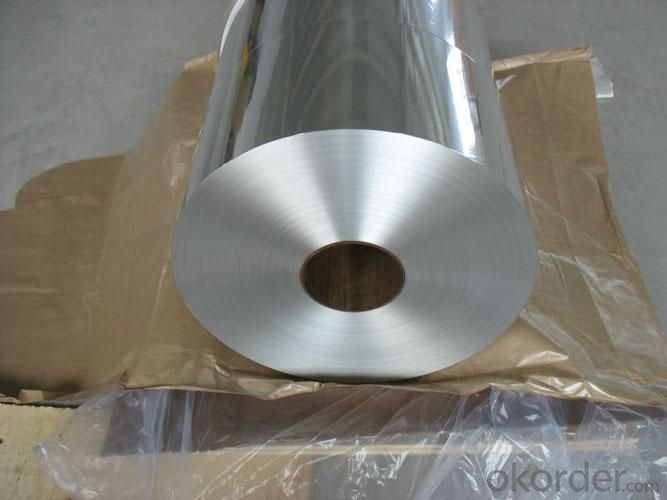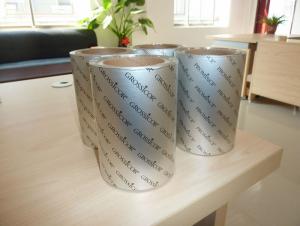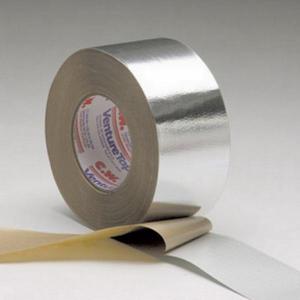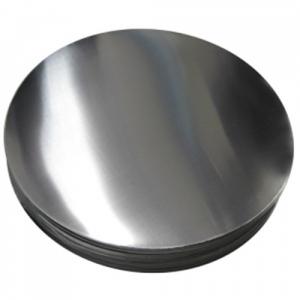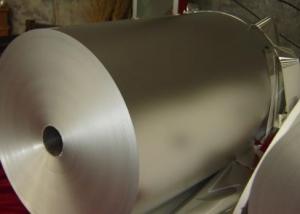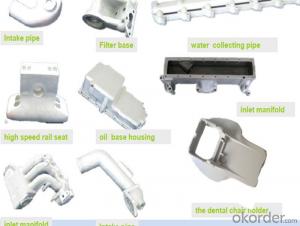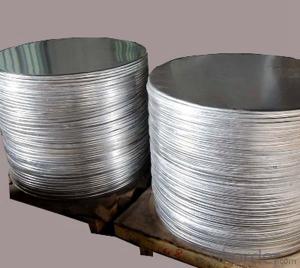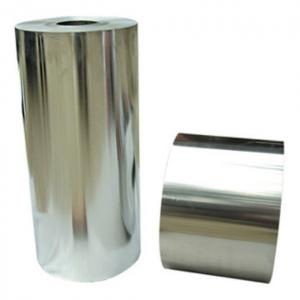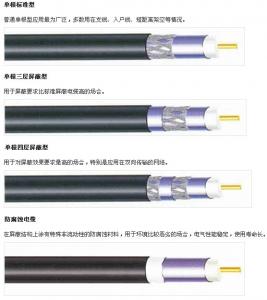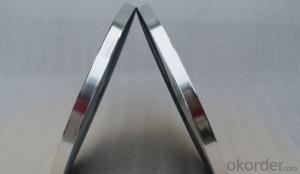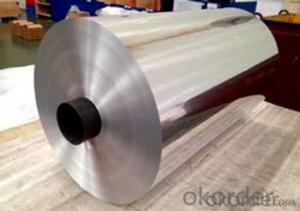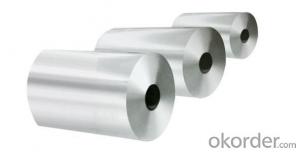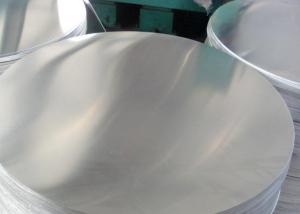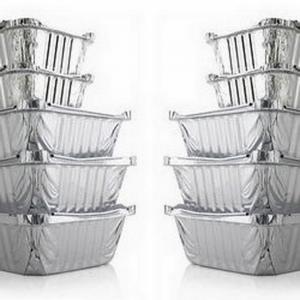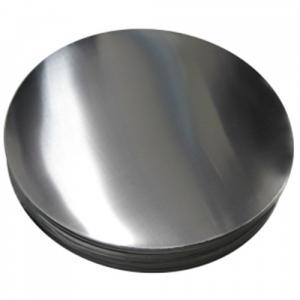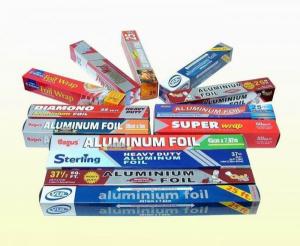Aluminum Cable Foil
- Loading Port:
- China Main Port
- Payment Terms:
- TT or L/C
- Min Order Qty:
- 5M.T m.t.
- Supply Capability:
- 2000 Tons Per Month m.t./month
OKorder Service Pledge
Quality Product, Order Online Tracking, Timely Delivery
OKorder Financial Service
Credit Rating, Credit Services, Credit Purchasing
You Might Also Like
Quick details of Cable Foil
Application: | Cable Wrapping |
Alloy: | 1145/1200/1235/ 1100/ 1050 /8011 |
Temper: | O |
Thickness& Tolerance: | 0.10mm-0.20mm (±6%) |
Width& Tolerance: | 200mm-1650mm (±1 mm) |
Mechanical Properties: | Tensile Strength(U.T.S)≥60Mpa, Elongation≥10% |
Standard: | GB/T3198 / ASTM-B209 / EN546 |
Usage/Application of Cable Foil
Cable wrapping for insulation
Packaging & Delivery of Cable Foil
Packing: seaworthy wooden box with pallet
Delivery: to be loaded by 1 x 20 feet container
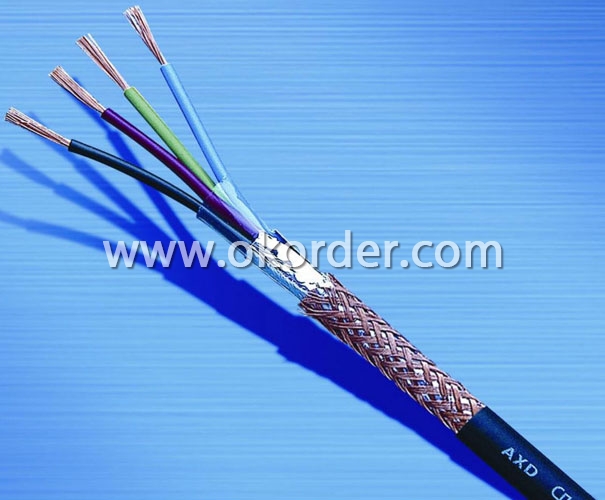
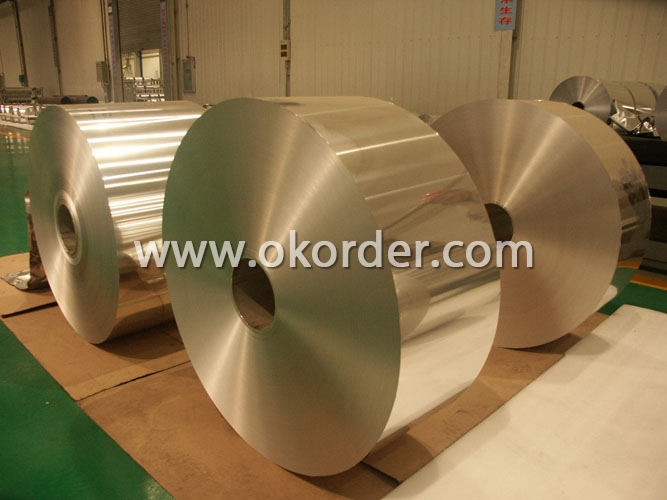
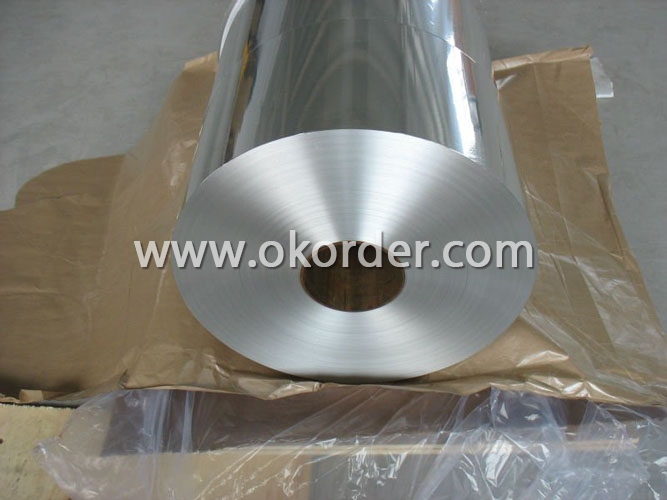
- Q: This question asks whether exposure to aluminum can lead to allergic reactions.
- <p>While aluminum is one of the most abundant elements on Earth and is commonly used in various products, most people do not experience allergic reactions to it. However, a small percentage of individuals may have an allergy to aluminum, which can cause contact dermatitis or other allergic responses. Symptoms can include redness, itching, and swelling at the site of contact. It's important for those with known aluminum allergies to avoid products containing aluminum and to consult with a healthcare provider for proper diagnosis and management of their allergy.</p>
- Q: Is it possible to utilize recycled aluminum for the production of cars or other types of vehicles?
- <p>Yes, recycled aluminum can be used to make cars and other vehicles. It is common practice in the automotive industry to use recycled aluminum in the manufacturing process due to its lightweight and strong properties. Recycled aluminum requires less energy to produce than new aluminum, making it more sustainable. It is used in various parts of vehicles, including engine components, body panels, and wheels. The use of recycled aluminum not only reduces waste but also contributes to energy savings and carbon emission reductions in vehicle production.</p>
- Q: This question asks for various applications of recycled aluminum other than its traditional uses.
- <p>Recycled aluminum has a wide range of alternative uses. It can be used in the manufacturing of new aluminum products, reducing the need for raw materials. It's also used in construction for window frames, doors, and roofing. In the automotive industry, recycled aluminum is used for car parts, helping to reduce vehicle weight and improve fuel efficiency. Additionally, it's utilized in the aerospace industry for lightweight aircraft components. Recycled aluminum is also found in everyday items like cans, foil, and packaging materials. Furthermore, it's used in electrical components due to its excellent conductivity, and in the production of bicycles and sports equipment for its strength and lightweight properties.</p>
- Q: Is it possible to repurpose or reuse old aluminum foil for various uses?
- <p>Yes, old aluminum foil can be repurposed for various uses. It can be recycled, used as a makeshift scrubber for cleaning, or as a reflector for grilling. You can also use it to cover food for storage or as a barrier in gardening to deter pests. However, it's important not to reuse foil that has held acidic or sugary foods, as it can corrode and release aluminum into the food. Always ensure the foil is clean and in good condition before repurposing.</p>
- Q: Explain how aluminum influences the propagation of sound waves.
- <p>Aluminum has a high density and stiffness, which makes it an effective conductor of sound. When sound waves hit an aluminum surface, the vibrations are quickly transmitted through the material due to its low internal damping. This results in a clear and efficient transfer of sound energy. However, aluminum's high reflectivity can also lead to a significant amount of sound being reflected rather than absorbed, which can affect the acoustics in a space, potentially causing echoes or reducing sound absorption. Additionally, aluminum's conductivity can lead to a faster decay of sound within the material, impacting the duration and quality of sound transmission.</p>
- Q: Explain the impact of adding magnesium to aluminum alloys on their characteristics.
- <p>Adding magnesium to aluminum alloys significantly enhances their strength, especially in the form of heat-treatable alloys known as Al-Mg or 5000 series alloys. Magnesium increases the alloy's resistance to corrosion, improves its formability, and raises its mechanical strength. These alloys are often used in applications requiring high strength-to-weight ratios, such as in the aerospace and automotive industries. The addition of magnesium also improves the alloy's weldability and resistance to stress corrosion cracking. However, it's important to note that excessive magnesium can lead to reduced ductility and increased susceptibility to stress corrosion cracking, so the amount added must be carefully controlled.</p>
- Q: Is it possible to incorporate aluminum in construction materials?
- <p>Yes, aluminum is commonly used in building materials due to its lightweight, high strength, and resistance to corrosion. It is used in window frames, roofing, facades, and structural components. Aluminum's malleability allows it to be shaped into various forms, and it's also recyclable, making it an environmentally friendly choice. However, it's important to note that while aluminum is used in construction, it's often combined with other materials to enhance its properties for specific applications.</p>
- Q: Is it safe to use pure aluminum for baking or roasting food in a traditional oven or grill?
- <p>While pure aluminum is a common material in cookware, it's not recommended for direct use in baking or roasting food in a traditional oven or grill. Aluminum can react with acidic foods, potentially leaching aluminum into the food. Additionally, aluminum foil can burn and create a hazardous situation. For baking or roasting, it's safer to use materials specifically designed for these purposes, such as parchment paper, silicone baking mats, or oven-safe dishes.</p>
- Q: Is it safe to use aluminum containers for food and drink in a microwave?
- <p>Aluminum is not recommended for use in microwave-safe containers for food and drink. While some aluminum containers are designed to be microwave-safe, they are typically coated with a non-metallic material to prevent arcing and damage to the microwave. However, most aluminum containers are not safe for microwave use as they can cause sparks and potentially damage the microwave. It's best to use microwave-safe plastics, glass, or ceramics specifically designed for microwave use.</p>
- Q: Is it possible to enhance the efficiency of solar panels by utilizing aluminum?
- <p>Yes, aluminum can be used to improve the efficiency of solar panels. Aluminum is lightweight, corrosion-resistant, and has good thermal conductivity, which can help in dissipating heat and maintaining optimal operating temperatures for solar cells. It is also used in the manufacturing of solar panel frames, providing structural support while reducing the overall weight of the panels. Additionally, some research suggests that using aluminum in the backsheet of solar panels can enhance their durability and efficiency. However, the extent of efficiency improvement depends on various factors, including the specific design and manufacturing process of the solar panels.</p>
Send your message to us
Aluminum Cable Foil
- Loading Port:
- China Main Port
- Payment Terms:
- TT or L/C
- Min Order Qty:
- 5M.T m.t.
- Supply Capability:
- 2000 Tons Per Month m.t./month
OKorder Service Pledge
Quality Product, Order Online Tracking, Timely Delivery
OKorder Financial Service
Credit Rating, Credit Services, Credit Purchasing
Similar products
Hot products
Hot Searches
